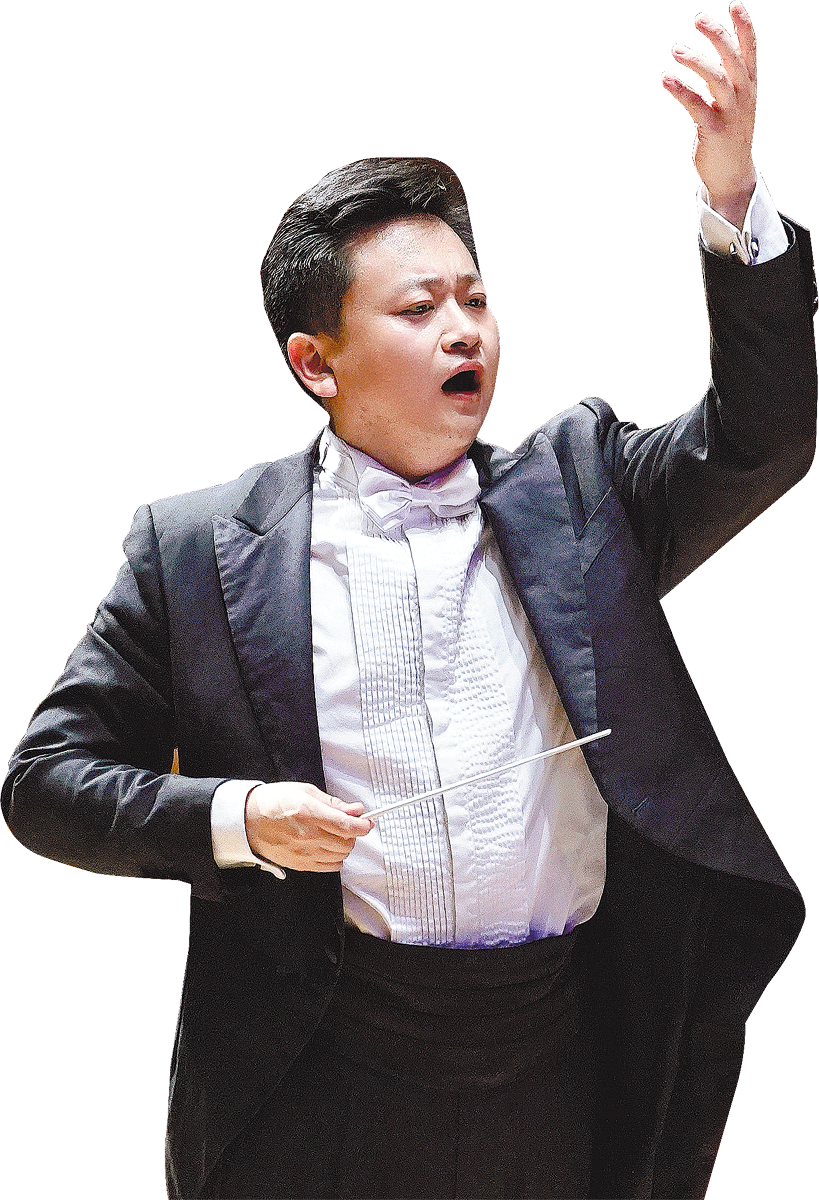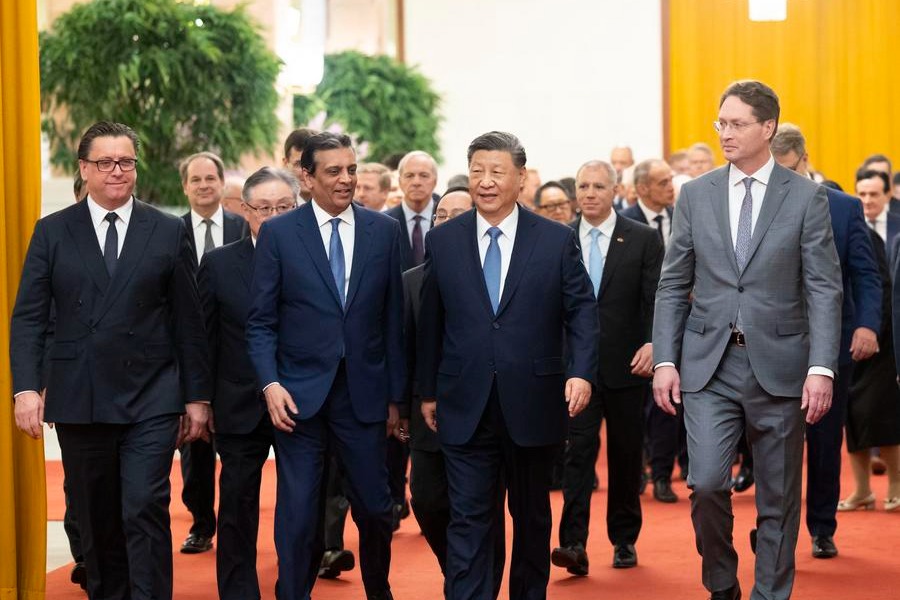Music mavericks set the tone for China's next generation
Classically trained performers modernize, popularize traditional art form


Public harmony
When Sun Jingkai returned to China in 2015 after graduating from the Ecole Normale Superieure in Paris he became a resident conductor at the Tianjin Symphony Orchestra.
He was aware most ordinary people in China were unwilling to buy a ticket to watch a performance, and he decided to do something about it.
To attract and cultivate bigger audiences, from 2018 he began giving a free public lecture each week at the orchestra venue. For over two years he explained in layman's terms the structure of classical music, especially symphonies.
At the beginning, there were only five attendees in the hall, but the number gradually swelled to a packed house of 200 people. During the COVID pandemic, he gave nearly 200 lectures on the online video-sharing platform Bilibili, which have so far garnered more than 200,000 views.
In 2020, Sun joined the Tianjin Song and Dance Theater and is now its principal conductor. The 38-year-old conducts various ensembles including folk music, symphonies, operas and ballets.
He has also staged 20 opera performances in Tianjin's streets and alleys and by its Haihe River. A successful performance at the city's Five Greater Avenues area integrated music with the city's architecture and cultural tourism.
"It is not limited to the theater anymore. Both local residents and tourists can enjoy it (the performance), free and open. Music is like movable architecture," he said.























